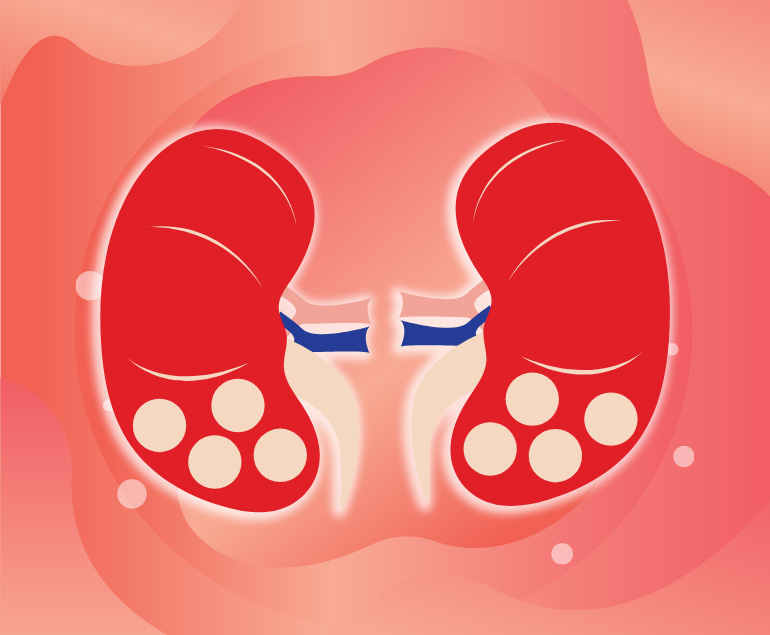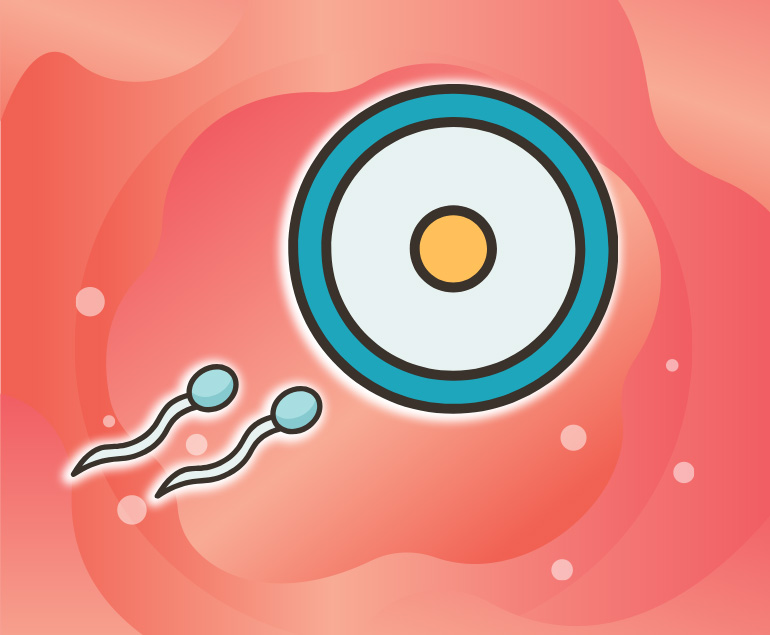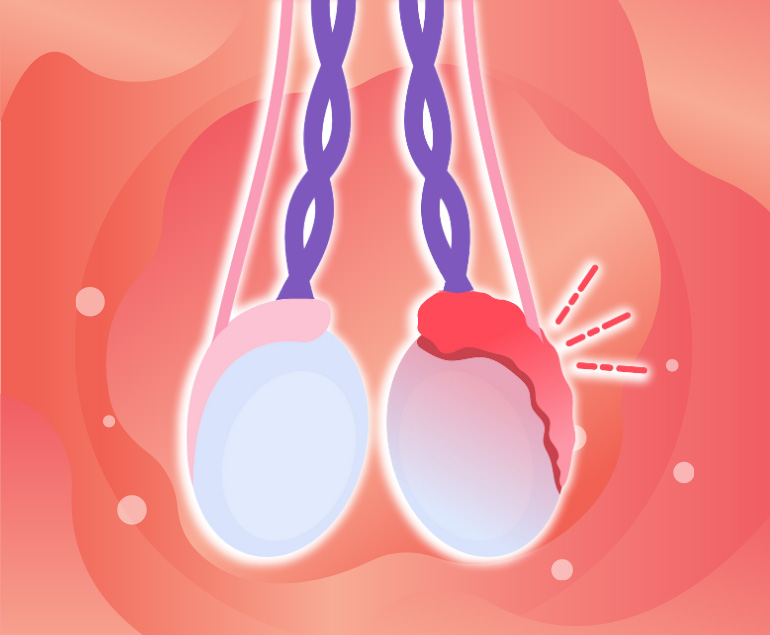Sexual dysfunctions are a state of persistent or recurrent difficulty that a person experiences during sexual activity. These disorders can cause significant problems with sexual desire, arousal ability, sexual performance and sexual satisfaction. Sexual dysfunctions can affect women and men and can occur at any age.
- Premature Ejaculation
- Erection Problem
- Sperm Quality
Some common causes of sexual dysfunction are the following:
- Stress
- Anxiety
- Depression
- Medicines
- Medical conditions
- Trauma
- Sexual abuse
- Lack of sexual knowledge
Sexual dysfunction can significantly affect quality of life. People with this disorder may experience emotional problems such as shame, guilt and depression. Sexual dysfunction can also lead to problems in relationships.
Erection Problem
Erectile dysfunction is the difficulty in achieving or maintaining an erection or erection. This condition occurs in many men and usually becomes more common with age. Erectile dysfunction can have many causes, including:
- Ageing
- Stress
- Depression
- Anxiety
- High blood pressure
- Diabetes
- Heart disease
- Prostate cancer
- Medication usage
Erectile dysfunction can significantly affect quality of life. It can make sexual intercourse difficult or impossible and can lead to loss of self-confidence, depression and anxiety.
The treatment of erectile dysfunction depends on the underlying cause. In some cases, lifestyle changes or medication may be sufficient. In more serious cases, surgical intervention may be required.
Premature Ejaculation
Premature ejaculation is a sexual dysfunction experienced by many men and is characterised by a faster than expected and often involuntary ejaculation during the sexual act. This condition can negatively affect the sexual life of both individuals and couples and may lead to anxiety, stress and loss of self-confidence in the individual.
The occurrence of premature ejaculation may be due to a number of different factors. Psychological factors may be effective in some cases, while in other cases there may be a significant medical problem underlying this condition. Premature ejaculation can usually occur at the beginning of an individual’s sexual life or at any time later in life.
Treatment of premature ejaculation is usually focussed on identifying and addressing the underlying causes of the condition. This may involve a number of different treatment options. The effectiveness of different approaches may vary depending on the individual’s specific situation and response to treatment.
Sexual Reluctance
Sexual aversion is a condition in which an individual shows low or no interest in sexual activity or sexual thoughts. This condition is also known medically as hypoactive sexual desire disorder (HSDD) and can affect both men and women.
Sexual aversion is usually a persistent or recurrent state of disinterest in sexual activity or thoughts. Individuals may be disinterested in sexual thoughts or fantasies and may feel little or no desire for sexual activity.
Sexual aversion can be caused by many factors. These can include psychological causes (e.g. stress, anxiety, depression), physical causes (e.g. hormonal imbalances, medication side effects, chronic diseases) and relational causes (e.g. conflict with a partner, sexual incompatibility).
Sexual Performance Anxiety
Sexual performance anxiety is a state of stress and anxiety experienced by an individual in situations involving sexual performance. This is usually related to the fear that the individual will be unable to complete their sexual performance or will not be able to please their partner. Sexual performance anxiety can lead to sexual dysfunction in both men and women.
In men, sexual performance anxiety can often lead to problems such as premature ejaculation or erectile dysfunction. In women, sexual performance anxiety can often cause problems such as sexual reluctance, inability to orgasm, or painful intercourse.
There are various methods available to manage sexual performance anxiety. These include therapy, relaxation techniques, sex education and, in some cases, medication. These approaches generally aim to address the underlying causes of sexual performance anxiety and change the individual’s thoughts and feelings about sexual performance.







